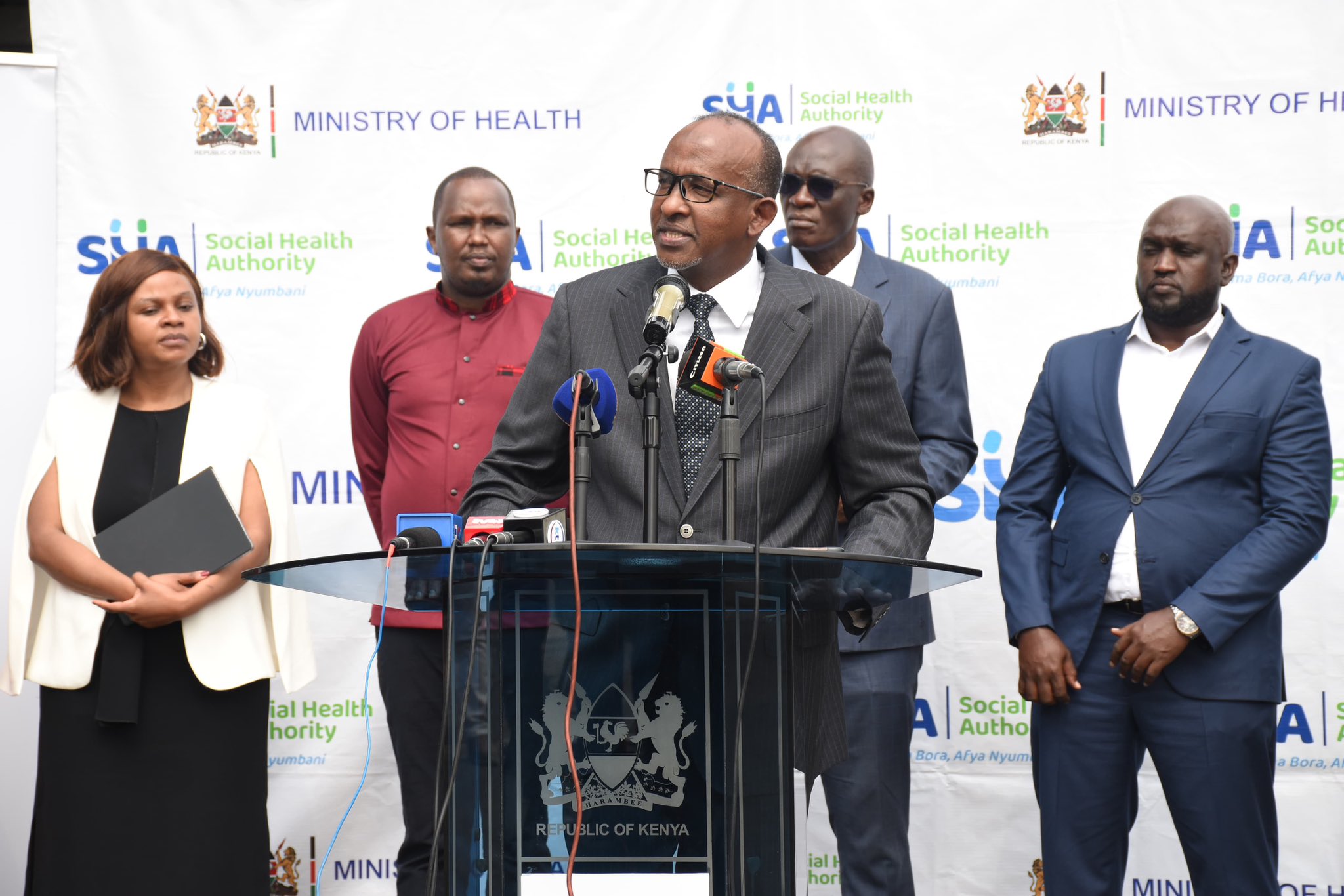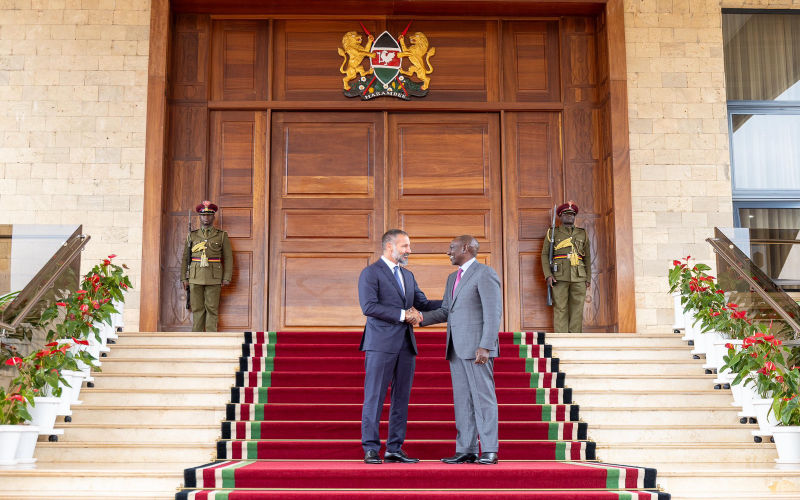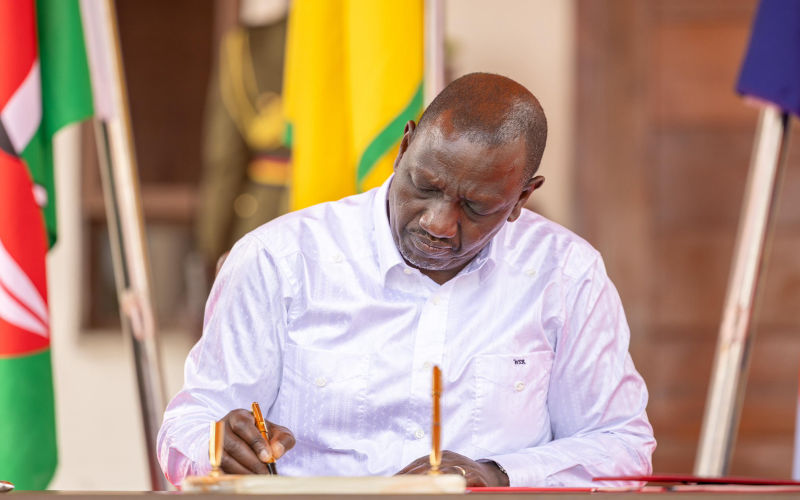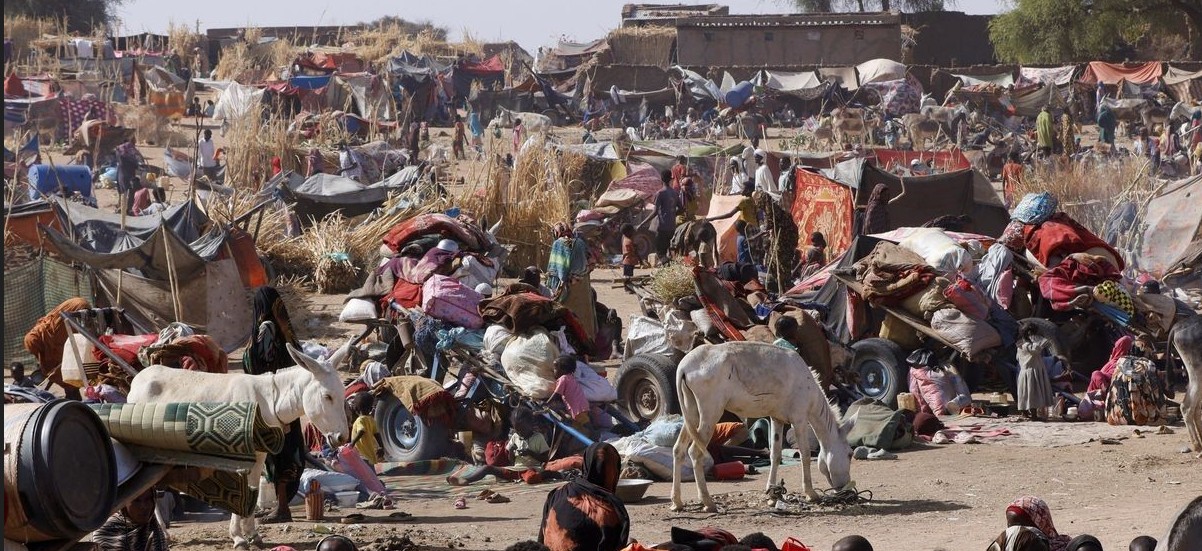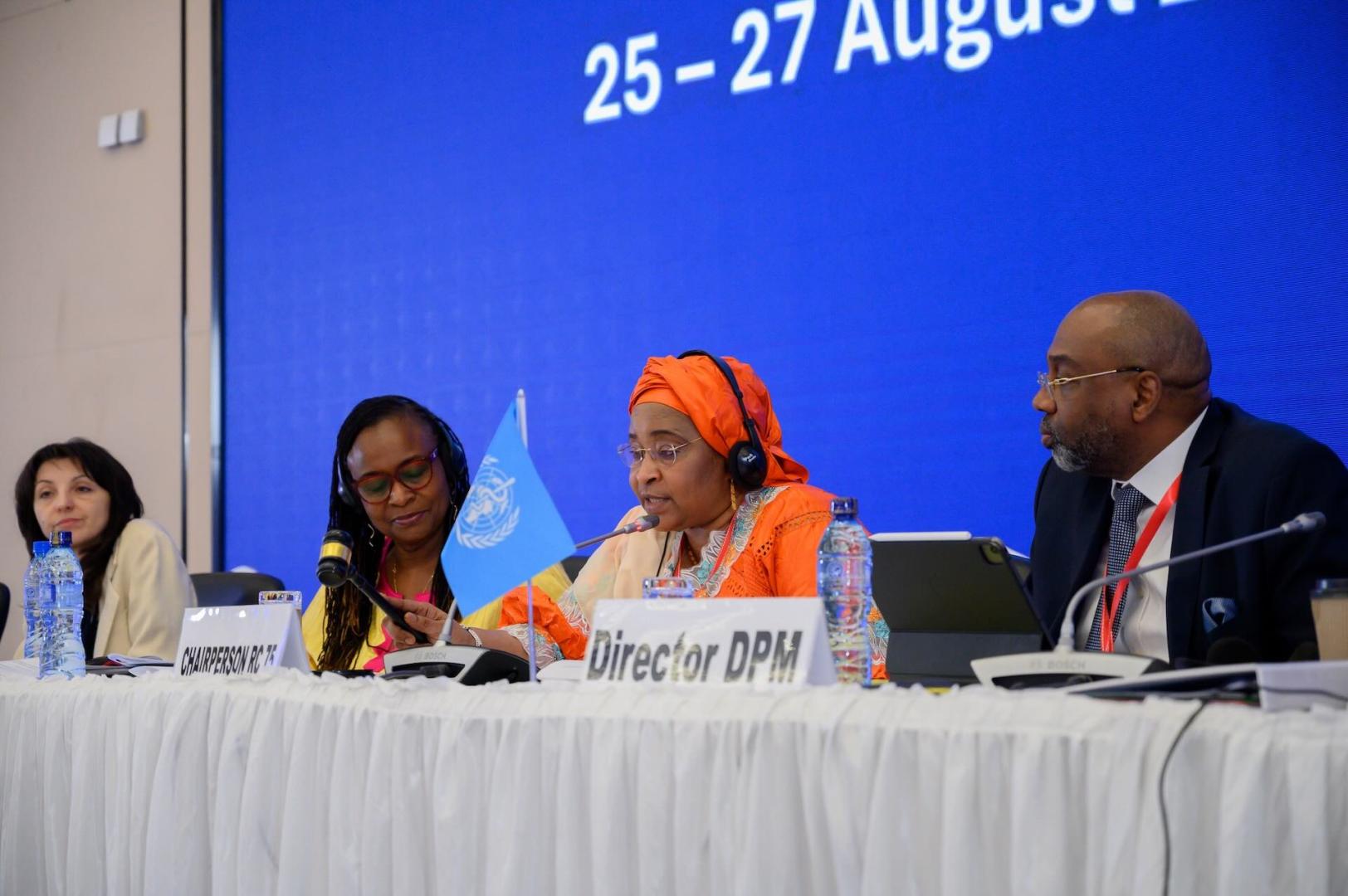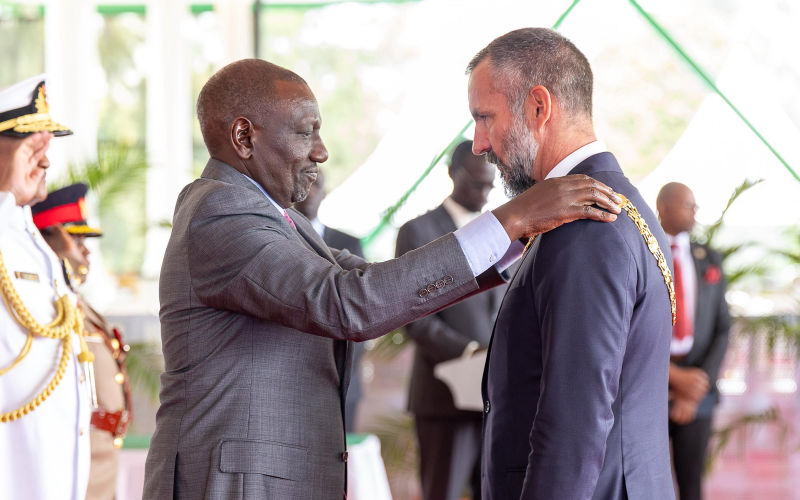WFP to halt humanitarian aid in Northeast Nigeria, leaving 1.3 million at risk
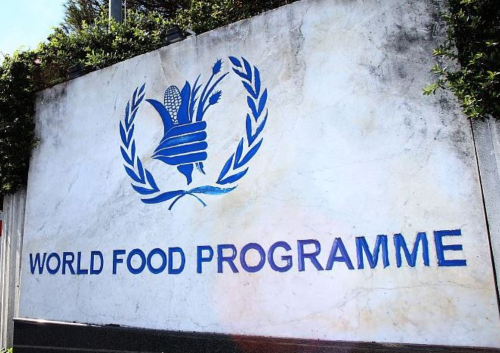
Once the ongoing distribution process ends, WFP says it will no longer be able to provide life-saving assistance in the region.
The United Nations World Food Programme (WFP) has announced plans to suspend humanitarian aid in Nigeria's northeast region at the end of July due to funding constraints, leaving the fate of nearly 1.3 million people in jeopardy.
According to WFP, food and nutrition reserves intended for the region have been fully depleted, with the final consignments transported from warehouses in early July.
More To Read
- Ethiopia begins registration of 7.4 million learners amid education crisis
- Over one billion Africans unable to afford healthy diet, UN report warns
- UN sounds alarm over Nairobi’s mounting garbage crisis
- UN report: Gains in ending FGM at risk unless Kenya scales up action
- UNESCO urges dialogue as world marks day for remembrance of slave trade, abolition
- WFP aid convoy attacked in Sudan's North Darfur, food relief trucks torched
Once the ongoing distribution process ends, WFP says it will no longer be able to provide life-saving assistance in the region.
"Nearly 31 million people in Nigeria are now facing acute hunger, a record number," WFP Country Director for Nigeria, David Stevenson, said in a statement on Wednesday.
"At the same time, WFP's operations in northeast Nigeria will collapse without immediate, sustained funding. This is no longer just a humanitarian crisis, it's a growing threat to regional stability, as families pushed beyond their limits are left with nowhere to turn."
Further, the food agency warned that children will be the most affected, with over 150 WFP-supported nutrition clinics in Borno and Yobe states set for closure. This, the agency says, will halt life-saving treatment for more than 300,000 children under the age of two.
🆘By the end of July, WFP will be forced to suspend all emergency food and nutrition assistance for 1.3 million people in northeast #Nigeria.
— World Food Programme (@WFP) July 23, 2025
Without immediate funding, millions of vulnerable people will face impossible choices.
🔗Read more: https://t.co/aDyGxkCTS0 pic.twitter.com/bwaILfyjgH
WFP also warned that growing violence from extremist groups in the country's conflict-hit northern regions is forcing large numbers of people to flee their homes. So far, about 2.3 million people across the Lake Chad Basin have been displaced, putting even more strain on already limited aid resources.
"When emergency assistance ends, many will migrate in search of food and shelter. Others will adopt negative coping mechanisms, including potentially joining insurgent groups to survive," added Stevenson.
"Food assistance can often prevent these outcomes. It allows us to feed families, help rebuild economies and support long-term recovery."
In the first half of 2025, WFP helped 1.3 million people in northern Nigeria with life-saving food and nutrition assistance. The agency had planned to help another 720,000 people later in the year, but this is now at risk due to the funding shortfalls.
The agency added that it urgently needs Sh16.8 billion (US$130 million) to avoid a major disruption in its supply chain and to keep food and nutrition aid running through the end of 2025.
Top Stories Today
